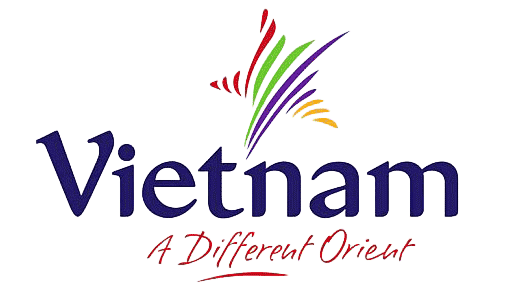Tró Chơi, often translated as "game" or "entertainment," is a term that encompasses a wide range of activities deeply rooted in Vietnamese culture. While it has evolved over time, Tró Chơi remains a cherished part of Vietnamese heritage. The word itself carries a sense of joy and lightheartedness, reflecting the spirit of playfulness inherent in these traditions.
The origins of Tró Chơi can be traced back to ancient times, with games that often involved strategy, wit, or physical skill. Over the centuries, as Vietnamese society changed, so too did the forms of Tró Chơi. Today, it includes everything from board games and puzzles to traditional competitive activities that have been passed down through generations.
One popular form of Tró Chơi is,or chess-like games, where players use strategy and intelligence to outplay their opponents. Another example is,or guessing games, which test knowledge and quick thinking. These games are often enjoyed in gatherings with family and friends, fostering a sense of community and camaraderie.
Moreover, Tró Chơi has become increasingly popular among younger generations who are drawn to its nostalgic charm and the opportunity to connect with tradition. Parents often introduce these games to their children, hoping to instill a sense of,or cultural heritage, while keeping them entertained.
In addition to traditional forms, modern variations of Tró Chơi have emerged, blending old-fashioned fun with new technology. For instance, some games now incorporate apps and digital elements, making them accessible to a wider audience. This fusion of tradition and innovation ensures that Tró Chơi continues to thrive in the modern age.
Overall, Tró Chơi is more than just a pastime; it's a reflection of Vietnamese culture and its enduring love for play. Whether you're solving riddles, playing chess, or engaging in friendly competitions, Tró Chơi offers endless opportunities for joy and connection.
Nguồn bài viết : Askme Điện Tử




